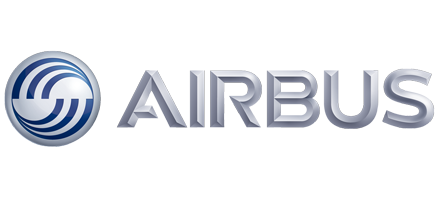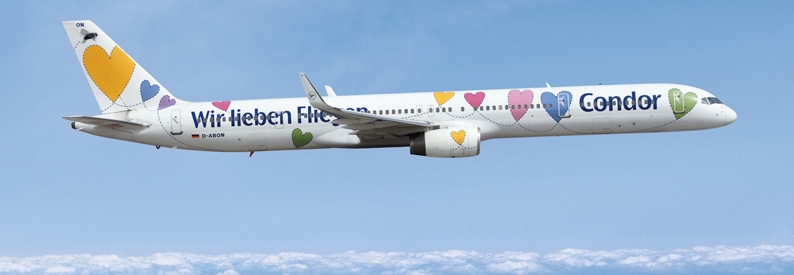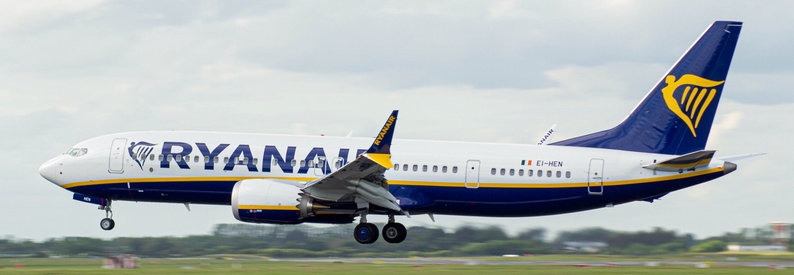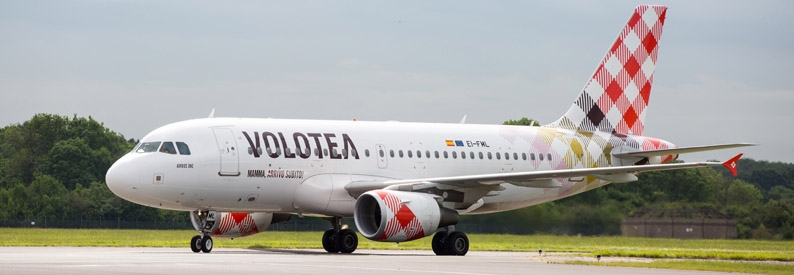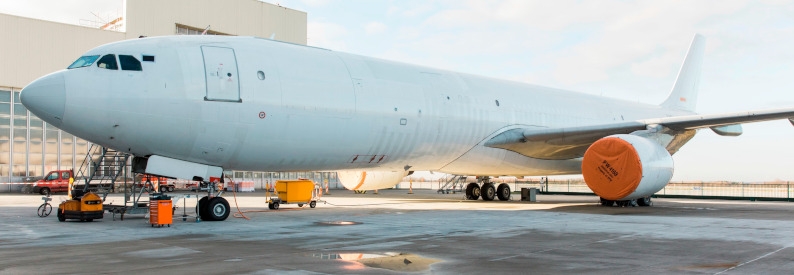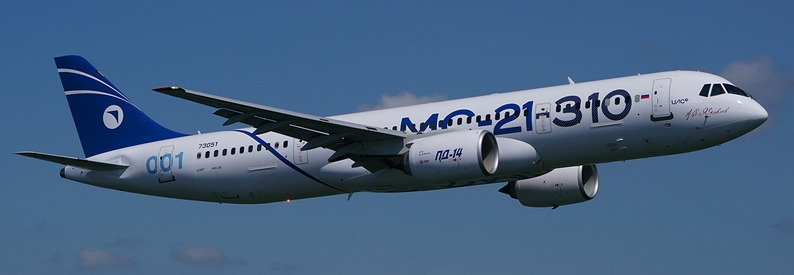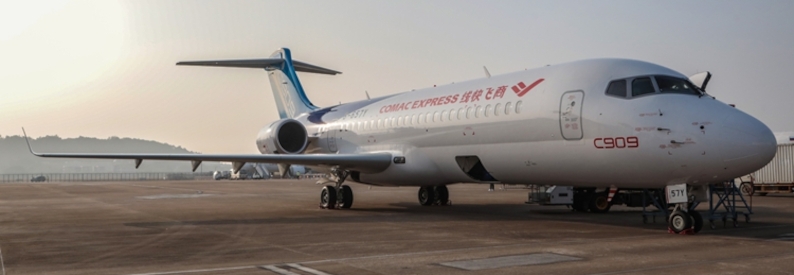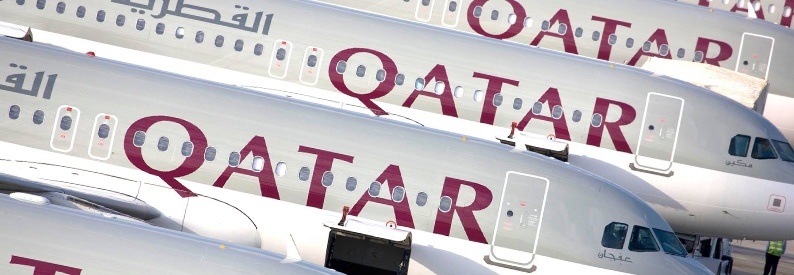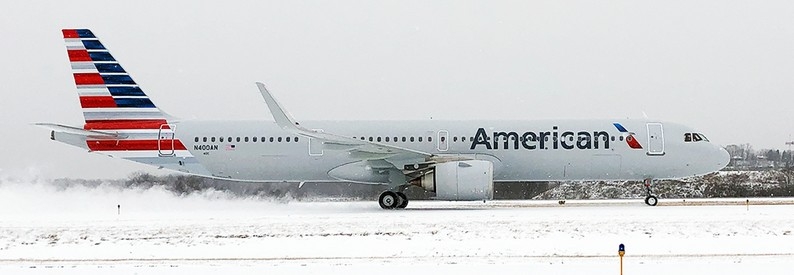Airbus CEO Guillaume Faury has told an April 30, 2025, earnings call that nobody wants to pay more for aircraft, but if tariffs spike on European aircraft exports into the United States, the importing airline will have bear it. "It's on them," he said.
The chief executives of Delta Air Lines (DL, Atlanta Hartsfield Jackson) and American Airlines (AA, Dallas/Fort Worth) have publicly stated that they will not pay extra for Airbus aircraft. Delta CEO Ed Bastian said the company would not pay tariffs on aircraft and would forego deliveries if necessary. American Airlines CEO Robert Isom said aircraft cost too much already and he would not be paying any more.
Faury said the tariff increases would only impact Airbus aircraft built in Europe and imported into the United States. The manufacturer also has a factory in Alabama that builds A220 and A320 Family aircraft and US customers would not pay tariffs on aircraft built there. While the Alabama-built aircraft do use parts manufactured outside the US, Faury said that as the importer, Airbus would be responsible for those costs.
"However, when we are exporting from Europe to the United States, that's an import for the customers," he said.
Airbus's widebodies, including A330 and A350 Family aircraft, are manufactured in Europe. The ch-aviation fleets module shows American Airlines has ninety-six A321-200NX and fifty A321-200NY(XLR)s on order with Airbus. Delta is waiting for sixty-seven A220-300s, eighty-two A321-200NX, six A330-900Ns, twenty A350-1000s, and eight A350-900s, while United Airlines (UA, Chicago O'Hare) has signed firm contracts for 125 A321-200NX, fifty A321-200NY(XLR)s, and forty-five A350-900s.
"We are in a different position than others," United CEO Scott Kirby said recently. "Most of our Airbus deliveries are coming from Alabama."
Airbus has dealt with tariff increases before, Faury said. "We are doing what we were doing five years ago in a similar situation where our planes were impacted by 10% tariffs and then 15% tariffs against the backdrop of the WTO dispute," he said."We're looking at opportunities to export to somewhere else than the US, especially for airlines who have international operations, and we have that flexibility."
Recently, Delta Air Lines took delivery of an A350-900 but avoided paying a 10% tariff by flying the aircraft to Tokyo Narita and putting it into service there. Consequently, when the aircraft flew into the US, it was no longer considered new and subject to tariffs.
Airbus believes "that the situation should come back to the previous situation [in place since 1979] where civil aerospace parts, equipment and systems, including planes, were free of tariffs," Faury concluded. "That has benefited the industry at large and primarily the US."
Airbus does not export its Alabama-built aircraft to China and therefore avoids China's 125% retaliatory tariffs on US-made products, he added.
